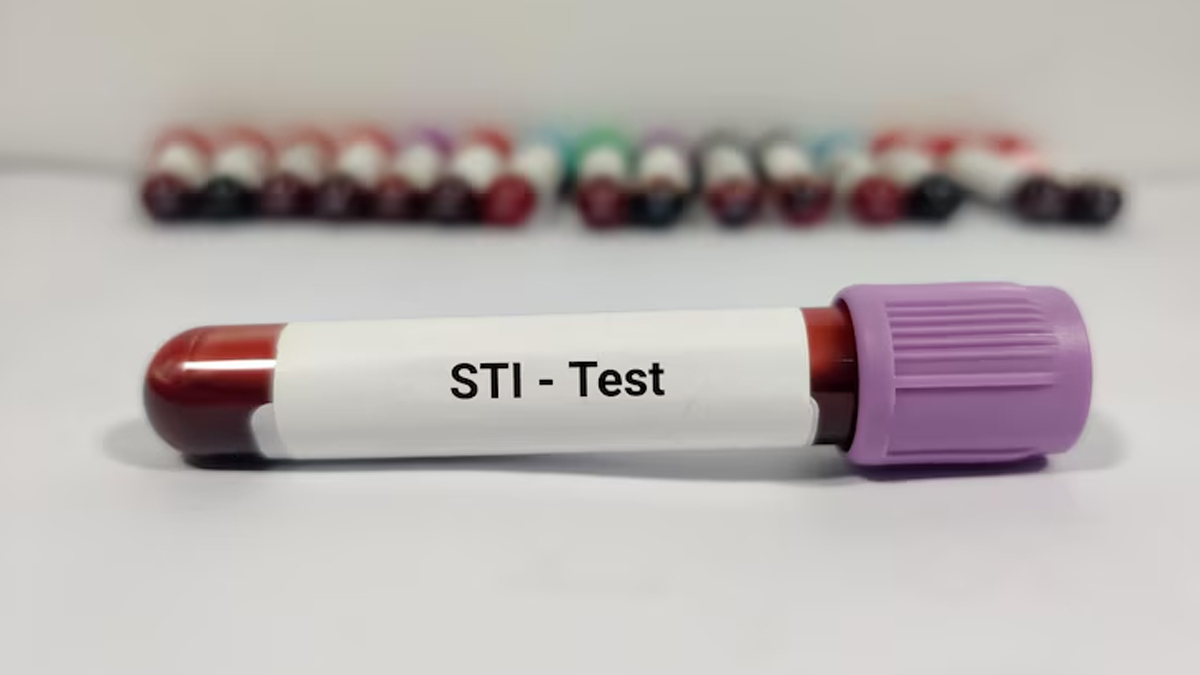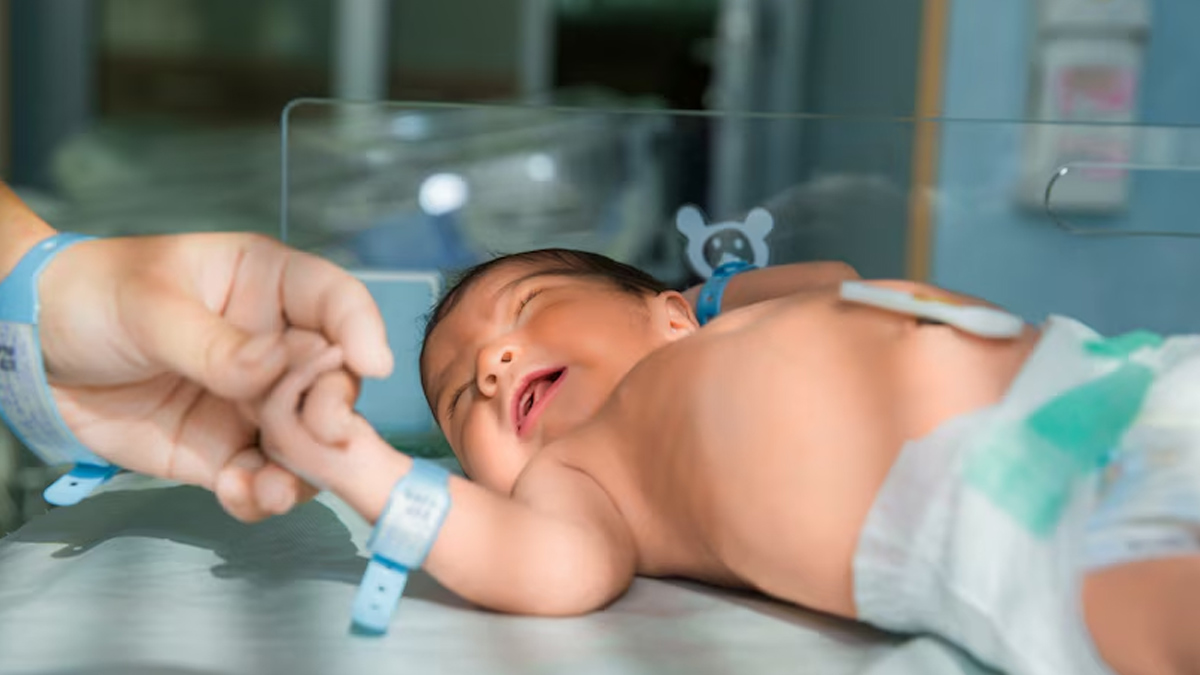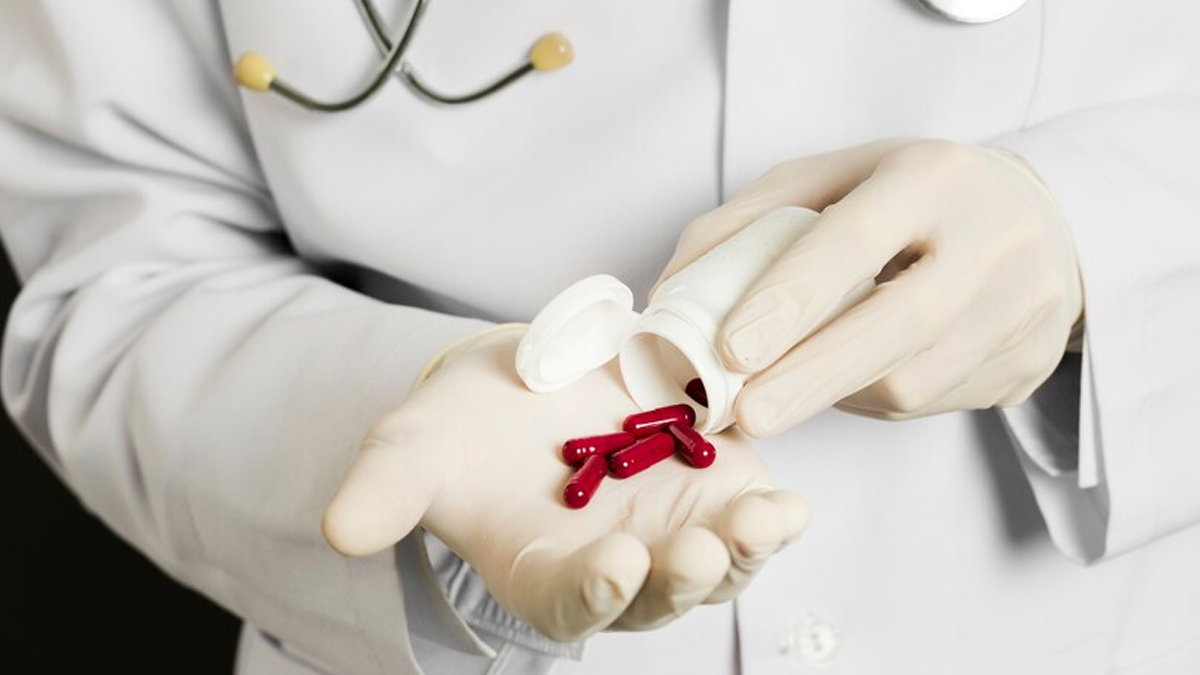Sexually transmitted infections (STIs) remain a critical public health problem, especially for pregnant women. If left untreated, these infections can greatly affect the health of the mother and, more importantly, the well-being of the unborn child. Even if an STI was contracted before pregnancy and remained undiagnosed or untreated, it can have serious consequences during pregnancy.
To understand how STIs can affect the mother and baby during pregnancy, the OnlyMyHealth team interacted with Dr. Chetna Jain, Head, Department of Obstetrics and Gynecology, Cloudnine Group of Hospitals, Sector 14, Gurugram.
When asked whether untreated STIs can affect the baby, Dr Jain said: “Yes, untreated sexually transmitted infections (STIs) in a mother can significantly affect the baby, even if the infection was acquired before pregnancy and was unknown or untreated during pregnancy. STIs, when left undiagnosed or untreated, pose significant risks to both maternal and fetal health Depending on the type of STI, it can lead to complications such as premature birth, low birth weight, stillbirth or transmission of the infection to the child during delivery.”
Types of sexually transmitted diseases and their impact on pregnancy
Several types of sexually transmitted diseases can affect pregnancy and potentially harm the baby. Here are the most common and their associated risks listed by Dr. Jain:

1. Chlamydia
Chlamydia often goes undetected due to a lack of symptoms. But during pregnancy, untreated chlamydia increases the risk of:
- Premature delivery
- Low birth weight
- Miscarriage
According to Dr. Jain, “Babies born to mothers with untreated chlamydia can acquire the infection during delivery, resulting in neonatal complications such as eye infections, pneumonia, or even neonatal sepsis.”
2. Gonorrhea
Untreated gonorrhea can lead to similar complications, such as premature birth and low birth weight. Infants exposed to gonorrhea during childbirth may develop iteye infections that can lead to blindness or even systemic infections such as sepsis.
3. Syphilis
Syphilis is of particular concern because it can cross the placenta and affect the baby directly, increasing risk of stillbirth or premature birth. Congenital syphilis, Dr. Jain says, can cause developmental delays, neurological problems or serious birth defects such as skeletal deformities.
4. HIV
HIV can be transmitted from mother to child during pregnancy, labor, delivery, or breastfeeding. If left untreated, it can lead to ddevelopmental delays, a weakened immune system and life-threatening infections in the child.
5. Herpes (HSV)
“Genital herpes is another infection that poses a risk to the baby, especially during labor if the mother has an active outbreak,” explained Dr Jain. Neonatal herpes can result in:
- Brain injury.
- Blindness.
- Death in severe cases.
6. Human papillomavirus (HPV)
Human papillomavirus does not affect the child directly. However, Dr Jain said exposure during delivery can rarely lead to laryngeal papillomatosis, where warts develop in the baby’s throat, causing breathing difficulties.
Also Read: How STDs differ from STDs: confidential screening and testing options in India
Risks for the child

Untreated STIs can lead to several complications for the baby, including:
1. Premature delivery and low birth weight
According to a study published in Journal of Infectious Diseasesinfections such as chlamydia and gonorrhea in a pregnant woman can trigger inflammation, increasing the risk of premature labor. Dr Jain said: “Babies born prematurely or with low birth weight often face challenges such as breathing problems and developmental delays.”
2. Neonatal infections
Many sexually transmitted diseases can be transmitted to the baby during delivery, leading to infections ranging from mild (eg conjunctivitis) to severe (eg pneumonia, sepsis or brain infections).
3. Congenital disabilities and developmental delays
STIs like syphilis can cause serious birth defects, including neurological problems, skeletal deformities, and developmental delays.
4. Stillbirth
Dr. Jain noted, “Infections such as untreated syphilis or HIV can increase the risk of stillbirth because of their impact on fetal development and the placenta.”
Also Read: Condoms alone can’t protect you from STDs, here are 6 things that can help
Prevention and treatment

Prompt detection and treatment of sexually transmitted diseases during pregnancy is essential to ensure a healthy pregnancy and reduce the risk of complications for the baby.
1. Regular prenatal screening
Dr. Jain recommended, “Prenatal care should include regular screening for sexually transmitted diseases. Open communication about past or current infections with caregivers is essential, even if symptoms are absent.”
2. Antibiotic or antiviral treatments
Many bacterial sexually transmitted diseases, such as chlamydia and gonorrhea, can be effectively treated with antibiotics recommended by doctors. Antiviral drugs can help manage conditions such as herpes and reduce the risk of transmission. Dr Jain emphasized that any medication taken during pregnancy should only be prescribed by a doctor.
3. Cesarean delivery
In cases where the mother has an active herpes outbreak or other high-risk infections, a cesarean section may be recommended to prevent exposure during labor.
4. Antiretroviral therapy for HIV
Antiretroviral treatment for HIV-positive mothers can lower the viral load and significantly reduce the risk of transmission to the child.
Conclusion
Untreated STDs during pregnancy pose significant risks to both mother and child, including premature birth, low birth weight, congenital disabilities, neonatal infections, and stillbirth. Stressing the importance of early detection and intervention, Dr Jain concluded: “The impact of an STI on a child can vary depending on the type of infection, its severity, the gestational age of the pregnancy and the timing of treatment, if at all. Early detection and rapid management is essential to protect maternal and fetal health.”
By prioritizing maternal care, regular screening and treatment, many of these risks can be reduced, ensuring a healthier life for both mother and child.
